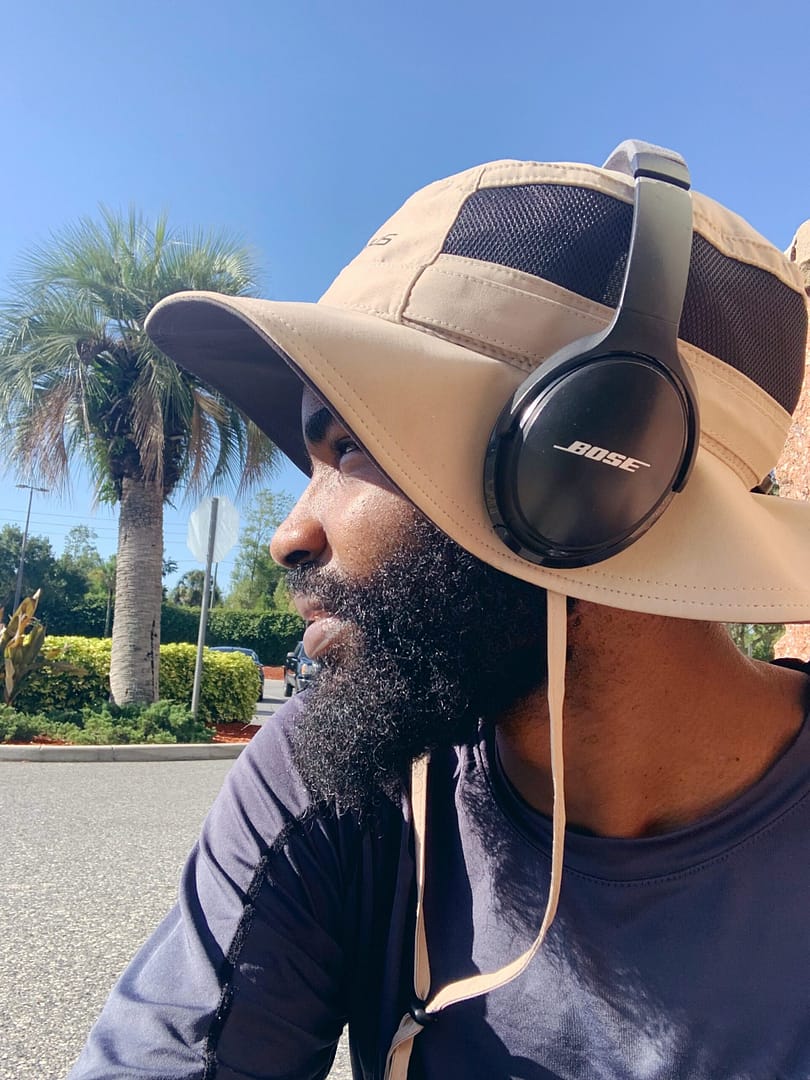An effective awareness exercise to help tap into a new aspect of a familiar landscape.
The world is full of magic things, patiently waiting for our senses to grow sharper.” ― W.B. Yeat.
Awareness Exercise. Experiencing Awe.
Awe is an emotion we experience when we are in the presence of something vast and indescribable.
Some of us can feel it from watching an amazing sunset, or by experiencing occasional natural events. And since I’m also a nature fanatic, I too like getting wrapped up in contemplating the stars and the universe.
As the Irish poet John o’Donohue once said, “We’re so busy managing our lives that we forget the great mystery we’re part of.”
And When we feel that sense of awe, it often leads to what scientists and spiritual gurus call a “shrinking of the self.”
Basically, what that means is, we feel smaller when we’re faced with something huge and beyond words.
It’s that strange, unexplainable feeling that hits you sometimes, you know?
When you feel smaller, your inner chatter then tends to quiet down.
In this post, let’s take a step back and explore some simple ways we can build greater awareness using these methods.
…
Awareness Exercise: The New Science of Everyday Wonder.
…
Fish In the Sea, You Know How I Feel.
Two young fish are swimming along, and they happen to meet an older fish swimming in the other way who nods at them and says, “Morning boys, how’s the water?” The two young fish swim along for a bit and then eventually one of them looks over at the other and goes, “What the hell is water?”
I love that story from novelist David Foster Wallace’s commencement speech to Kenyon College classes of 2005.
“The point of the fish story,” Wallace explains, “is that the most obvious and important realities are often the hardest to see and talk about.” This reminds us that each of us lives in our own version of reality—one that others may not perceive. Still, these invisible realities are as essential to us as water is to a fish.
By becoming aware of this “water” and understanding its nature and impact on our lives, we open ourselves up to a world of new possibilities.
…
What makes this story so fascinating is the idea that fish don’t realize they’re in water.
“The same can be said about human cultures.” says entrepreneur Derek Sivers.
“We’re so surrounded by it, that it’s impossible to see.”
And so, this raises an important question: How can we cultivate awareness?
Let’s take a look at some practical steps, like:
Examine Your Beliefs and Stories
Socrates once said, “The one who tells the story rules the world.” So, take a moment to ask yourself: What stories am I telling and believing about myself? My life completely shifted when I started questioning the beliefs and stories I’d been living by.
Challenge the Status Quo
Consider the consequences of sticking to “normal.”
Why settle for the ordinary when you can aim higher? Seek deeper meaning and purpose—what some might call the kingdom of God.
Meditate and Pray
I truly believe prayer and meditation can solve most problems. They are the foundation for everything else you want in life. Master your inner world, and you’ll be amazed at what unfolds.
Hire a Coach or Mentor
Find someone who can guide you toward growth. Attend personal development seminars and focus on improving key areas of your life—health, wealth, relationships, mindset, body, spirit, or overall fulfillment.
If this isn’t nice, what is?
…
A Simple Moment with Uncle Alex
The next story you’re about to read, says it beautifully, as it demonstrates the power of awareness.
American writer and humorist Kurt Vonnegut once shared a heartwarming story about his beloved Uncle Alex, a man of simple pleasures.
During the summer, Vonnegut and Uncle Alex often sat under a shady tree, talking about life while drinking glasses of lemonade.
On several occasions, Uncle Alex would pause and say, “If this isn’t nice, what is?”
Vonnegut reflected that, while some might choose to sip expensive drinks or complain about life, Uncle Alex did neither. Instead, he was grateful for the simple joy of drinking lemonade with one of his favorite people. He didn’t need anything more.
Whining is a Dangerous Habit
“I’ve come to believe that whining is a dangerous habit,” says American memoirist and poet Dr. Maya Angelou. “It can attract trouble and make you a target.”
She adds, “We don’t realize how much energy we waste on it.”
“Whining distracts us and makes us less efficient.”
Perspective matters. People can view the same situation completely differently, based on their own experiences.
Issues like sexism, racism, and politics can weigh us down, but despite all the challenges, we can still choose to find wonder in everyday life.
Take a break from worrying. Go for a walk.
Listen to the sound of rain, the crunch of snow under your feet, or the changing colors of autumn leaves. Just get out there, and reflect on the vastness of the world around you.
You might just be surprised by what you discover.
…
Closing thoughts
How will you use your senses this holiday season to see something familiar in a new way?
Let us know in the comment below.
As always, thank you for reading.
Till next time, stay blessed my friend.
Photo credits:








![The Untethered Soul by Michael A. Singer [Book Summary & PDF] The Untethered Soul by Michael A. Singer [Book Summary & PDF]](https://mlfwe0uloqyb.i.optimole.com/w:150/h:150/q:mauto/rt:fill/g:ce/ig:avif/https://www.leapessence.com/wp-content/uploads/2023/12/the-untethered-soul.jpg)




